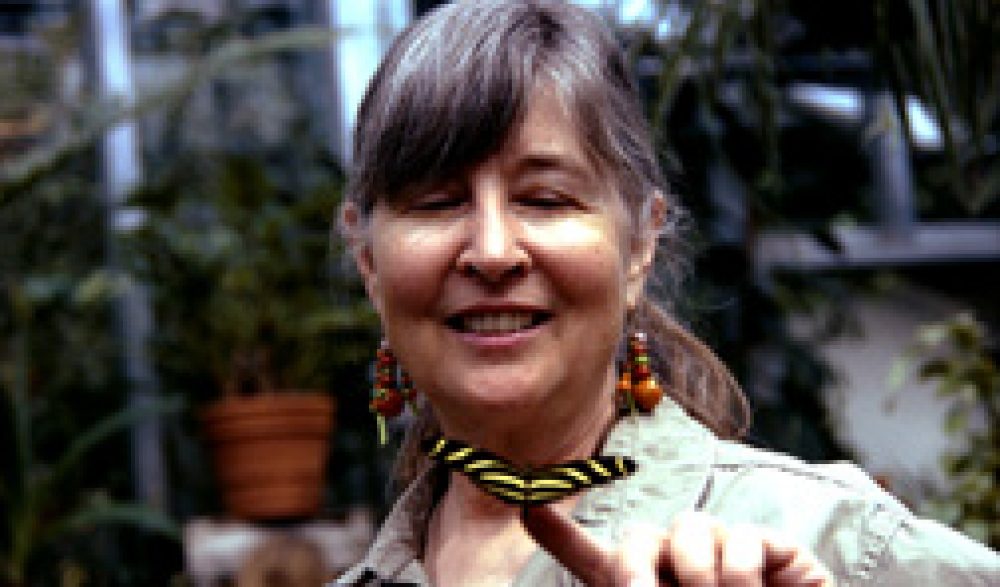In addition to numerous barrels tightly packed with family necessities and as tall as my seven-year-old self, there was shipped to Karachi a gleaming brand new sky blue Ford, a magnificent car for that place and time, boasting a lean look quite unlike the chubby cream green Oldsmobile that once sat at our Chicago curb. My father, whose fix-it genius balked at anything not contained by human skin, flew from Lahore to the port at Karachi, where he met top-class Lahore mechanic Mistri Majid, who’d taken the train. Except for a busted back window, our 1949 Ford sedan arrived intact, surviving even the thief-thick docks, a miracle ascribed to the special attentions of God.
Sharing the driving, Doctor Sahib and Majid urged our Ford across the Sind, a wild and dangerous desert long on snakes and bandits, short on water, gas and definable roads. Dad took a compass and Majid took a psorie, a big clay pot that sweats to keeps the water inside cool. Three hundred miles into the desert, the Ford’s engine boiled over, but together they nursed that car five hundred miles more, a baptism of grit and heat that rendered the new doctor and car nearly as authentic as Lawrence of Arabia and his camel.
Majid kept that car running for the next five years with exceptional ingenuity, scavenging parts probably unintended for a 1949 Ford. Once, when his attentions were insufficient, Majid simply unbuilt the thing, spreading the parts carefully across a weedy field, before putting them back together and teasing our Ford from its coma.
That car was my ticket to the wonders of my world. Honking through masses of legs and wheels—pedestrians, bicycles, horse-drawn tongas, coarse carts pulled by humped oxen, the occasional automobile—we drove to the Shalimar Gardens, where fountains sprang among tended beds and tiled pools. At the bazaar, we wandered among gilded saris, neon volcanos of fragrant spices, rows of curly-toed slippers, silver rings that would turn my fingers green, pyramids of oranges and mangoes, richly knotted blood-red rugs, and, finally, Milky Way and Hersey bars, the only chocolate I ever tasted during the years of my childhood.
Despite the garish hues of fabric and clothing offered for sale, most of the men we saw wore white and most of the women, their dark eyes moving behind a rectangular net, wore I knew not what beneath head-to-toe white or black burkas. On the way home we might stop at a cobbler’s to be measured for sensible leather shoes which my mother assured me would save me from flat feet. Then home the Ford would creep like a big blue cat along the brown canals where small boys pranced across the glossy black backs of water buffalo.
But what I remember most about the blue 1949 Ford is its heroic annual climb up the foothills of the Himalayas to Jhika Gali, a small village outside the town of Murree, to which our family fled the heat that for several months cooked the dusty Plains. Oh how that Ford labored up the mountain, jammed with three or four months’ worth of clothing and household necessities. Up we’d go on pot-holed, clay-slimed, rock-strewn roads, around treacherous hairpin turns, dodging donkeys and rag-clad men bearing on their backs or heads baskets large enough to hold two adults or staggering under heavy rolls of Oriental rugs.
We drove in the cool of night, starting out after all our bedtimes, we children pressed into a mattress in the back seat, but it was never cool enough. The Ford would overheat and we’d pull over to the dangerous edge and all climb out while my father, who seemed in all circumstances confident, intelligently spectacled, pressed and clean, poured water he’d brought for the purpose into the raging radiator. When at last the steam clouds diminished and hissed more softly, we’d pile back in and the Ford would huff and puff further up the hill, perhaps stopping once again before and we’d tumble out of the mud-caked vehicle into cool, pine-scented air.
The blue Ford soon became well-known in Murree. Without telephones or other usual means of communication to explain the phenomenon, as we neared the end of our journey, we’d start passing sick and wounded persons headed on foot toward our final destination: the first year a corrugated metal building called Strawberry Bank, then a more secure apartment at an old British soldier’s retirement quarters. My father, exhausted from months of work and hours of driving, would be greeted by a crowd of possibly legless, eyeless, or pus-filled ragged persons who had mysteriously anticipated our arrival, shouting for his attention. “Doctor Sahib aya hai. Gelte gelte!” (The Doctor Sahib is here! Hurry hurry!”) He was their worker of miracles, the only hope they had or might ever have again.
Much too soon the blue Ford would chug back down the mountain, leaving mother and children to enjoy the spectacular scenery, lush woods and cool weather, while my father returned to Lahore and the wounds that festered there in the monstrous, unrelenting heat.
